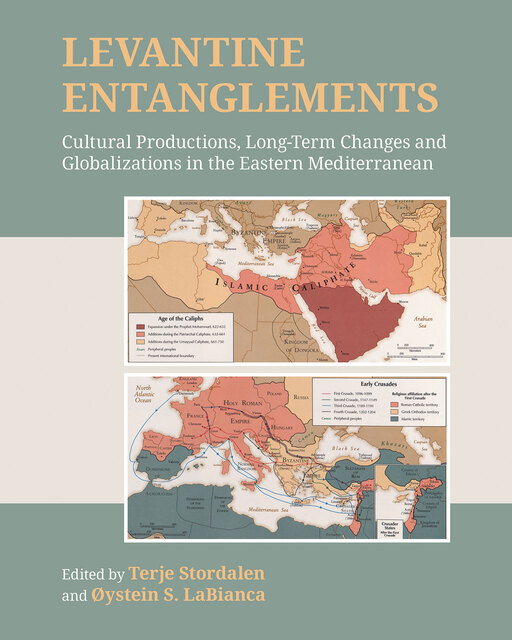Stordalen/Levantine, 16. Itinerancy in Manichaean Networks of the Levant and Egypt

Full description
The emergence of canonical scriptural ecologies has deep roots in the Levant, as described by Stordalen in this volume. Judaism, Christianity, and Islam were the main carriers of this cultural paradigm. However, other movements also contributed to its development. Taking my cue from the project “Local Dynamics of Globalization,” this chapter explores religious authority in the context of Manichaeism, a movement that appropriated Levantine paradigms of cultural authority. I look at the interplay between social canons and social networks, examining how norms for interaction, or ‘canonical habits,’ shaped the Manichaean social networks. More specifically, I look at the canonical habit of itinerancy and its impact on the relationship between the Elect—Manichaeism’s ascetical elite—and the Auditors, its laity, in the Levant and Egypt. It is my argument that itinerancy was practiced in a distinct way and took on a unique role in the Manichaean canonical ecology, allowing a trans-regional Manichaean network to emerge, spread, and persist.
- typeImage
- created on
- file formatjpeg
- file size273 KB
- container titleLevantine Entanglements: Cultural Productions, Long-Term Changes and Globalizations in the Eastern Mediterranean
- creatorHåkon F. Teigen
- isbn9781781799130 (eBook)
- publisherEquinox Publishing Ltd.
- publisher placeSheffield, United Kingdom
- rights holderEquinox Publishing Ltd.
- doi
We use cookies to analyze our traffic. Please decide if you are willing to accept cookies from our website. You can change this setting anytime in Privacy Settings.
